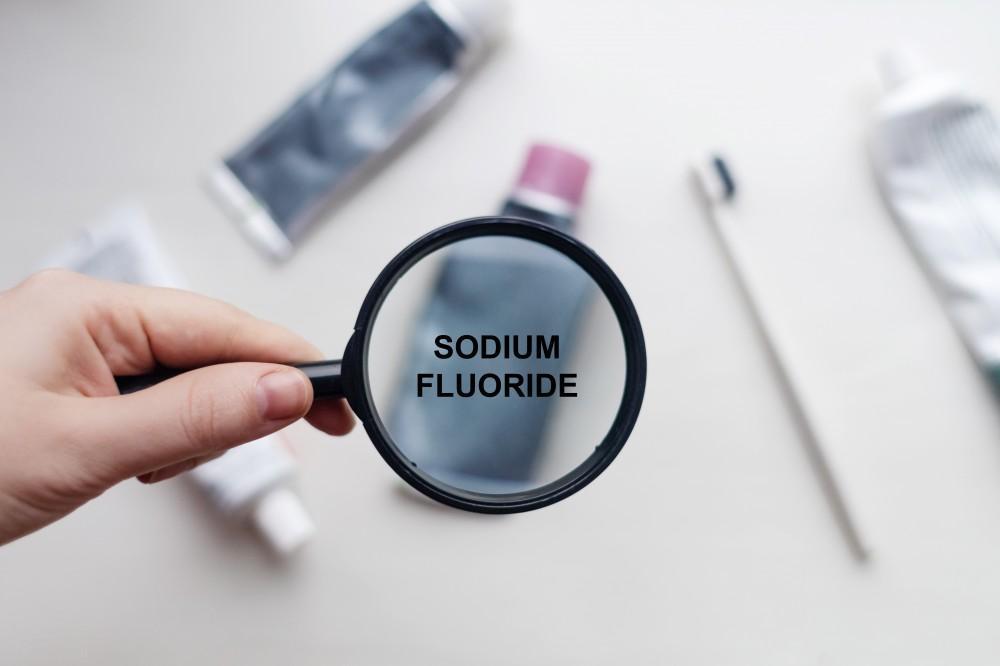
Why You Shouldn't Procrastinate Treating Sleep Apnea and How Your Dentist Can Help

According to the National Sleep Foundation, more than 18 million American adults live with sleep apnea, which is a disorder that causes you to stop breathing for about 10 seconds at a time. Some people have sleep apnea because their brains don’t control breathing well during sleep. Others have the disorder because their throat muscles don’t stay open to allow free breathing during sleep.
If you have sleep apnea, you may not think that it’s something to worry about. Other than nightly snoring that disturbs your partner, you might not see anything problematic with the disorder. In reality, sleep apnea contributes to several serious health problems, so you should talk to Thomas Ludlow, DDS, and the team at Expressions In Dentistry about ways that they can treat your condition.
Heart disease
Researchers have discovered connections between sleep apnea and several cardiovascular diseases, including high blood pressure, irregular heart rhythm, heart failure, and strokes.
The longer you live with sleep apnea, the more likely it is that you will develop one of these cardiovascular diseases. Seeking treatment as soon as possible can protect you from heart attacks, strokes, and other serious health consequences.
Depression and cognitive decline
Erratic changes in your breathing throughout the night prevent you from getting the same amount of sleep that people without sleep apnea enjoy. When you get up in the morning, you probably feel groggy and fatigued.
Sleep disturbances do more than make you feel sleepy in the morning. When you don’t get a full night’s rest, your brain will eventually have trouble retaining memories. During sleep, your brain processes and stores memories. With frequent interruptions, memories slip through the process.
Sleep deprivation can also contribute to mental confusion. You may have difficulty thinking clearly during the day, which can impact your job and relationships.
Persistent sleep deprivation also contributes to depression. If you have sleep apnea, there’s a good chance that you feel sad or unmotivated in addition to feeling tired and foggy.
Higher risk of type 2 diabetes
People with type 2 diabetes need to pay close attention to sleep apnea symptoms. Doctors know that the two conditions are closely linked because sleep apnea contributes to increased glucose levels.
Even if you don’t have type 2 diabetes, sleep apnea can put you on the path toward it. The longer your sleep apnea goes untreated, the higher your glucose levels will get. Eventually, you will develop insulin resistance that makes it impossible for your body to control the amount of glucose in your blood. Once that happens, you will have to take insulin injections to keep your glucose under control.
How Dr. Ludlow can help
If you think that you may have sleep apnea, Dr. Ludlow can diagnose the problem during a physical exam that may include taking X-rays and evaluating your jaw position.
Dr. Ludlow can help you with sleep apnea by making an impression of your mouth and noting the position of other structures connected to your mouth. He can then have a lab make a custom oral appliance that helps you breathe more easily during the night.
Dr. Ludlow can also recommend some lifestyle changes that will make your sleep apnea less severe. Many of his patients see benefits from exercising and eating a balanced diet.
Sleep apnea may not seem serious, but it has serious consequences. If you think you may have it, we encourage you to request an appointment as soon as possible. You can contact us by requesting an appointment online.
You Might Also Enjoy...


Pediatric Oral Health: 5 Invaluable Benefits of Dental Sealants

Fast Track Your Smile Straightening With FastBraces in the New Year

Help Your Smile Sparkle for the Holidays with Teeth Whitening

Advantages of Tooth-Colored Fillings Over Silver Fillings

